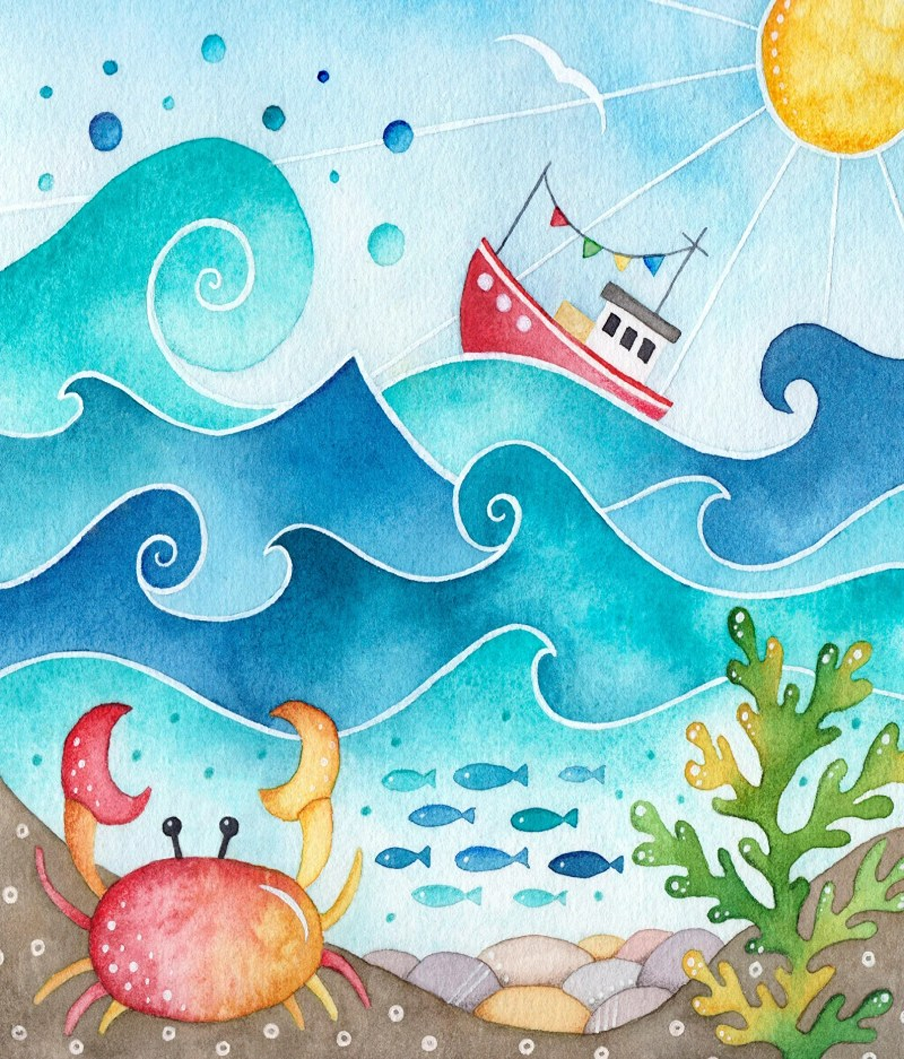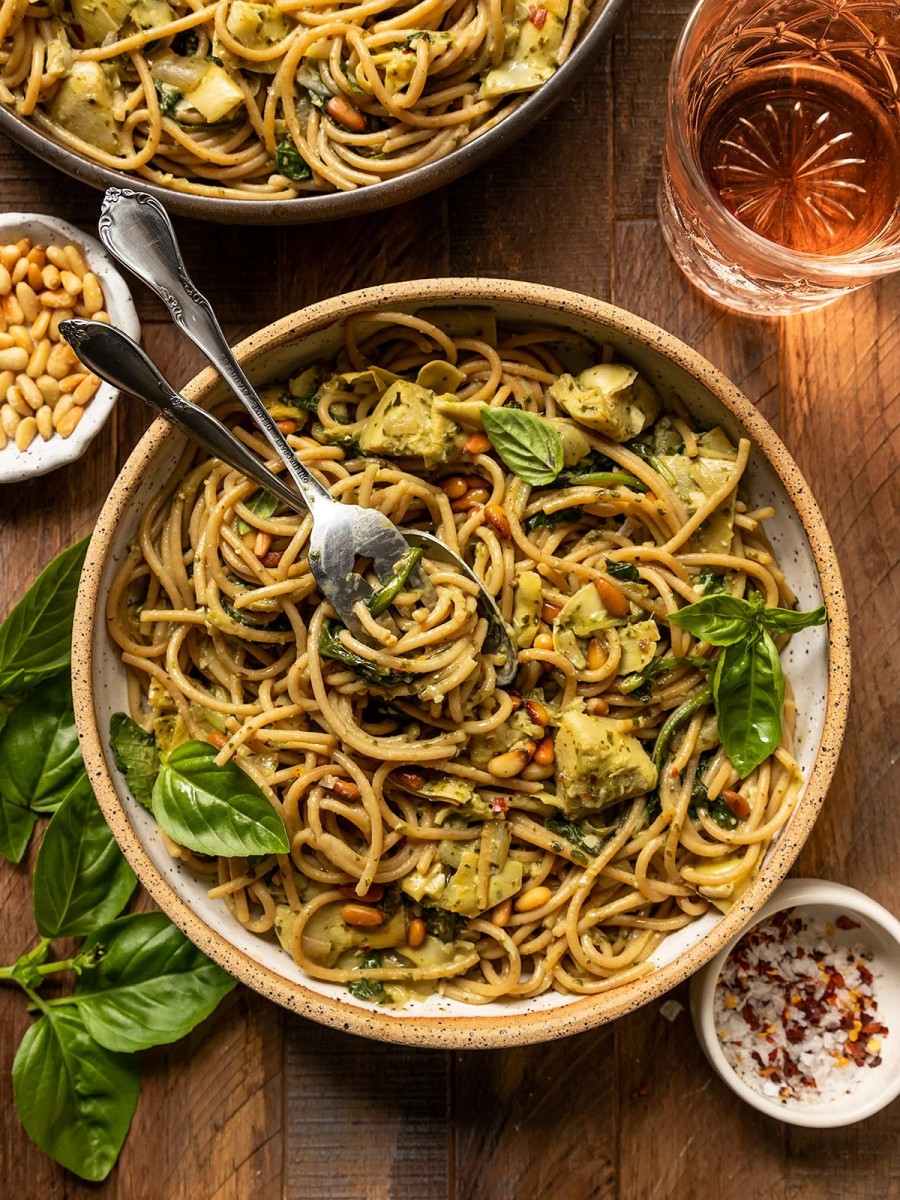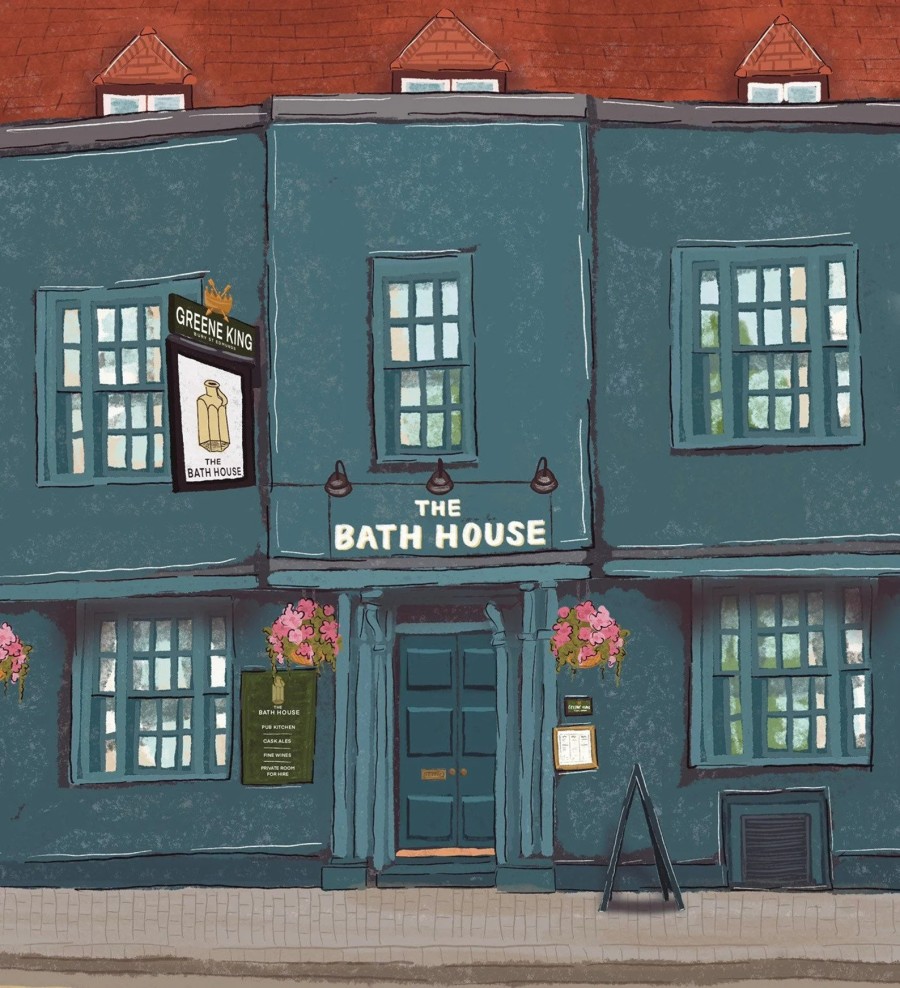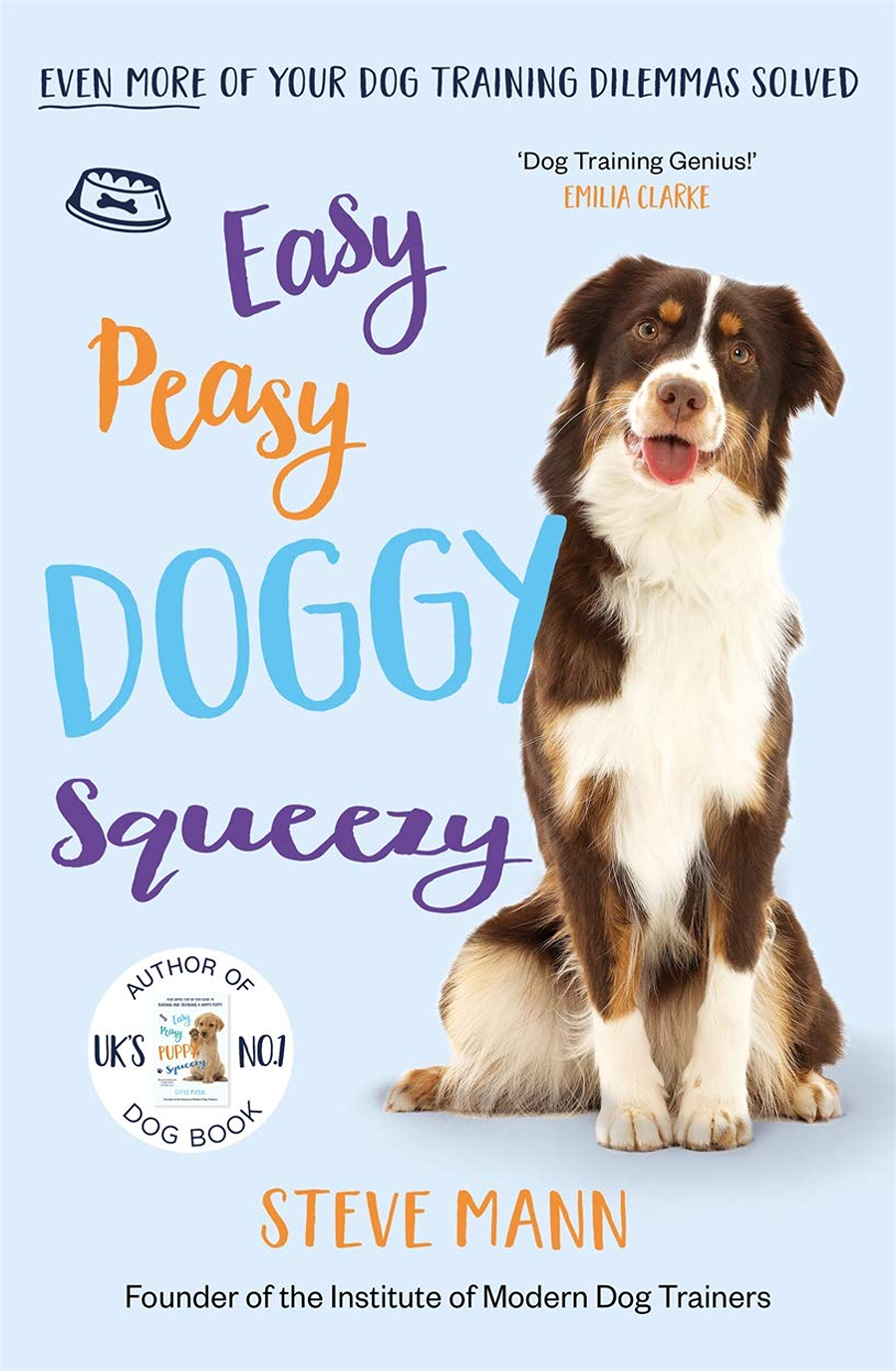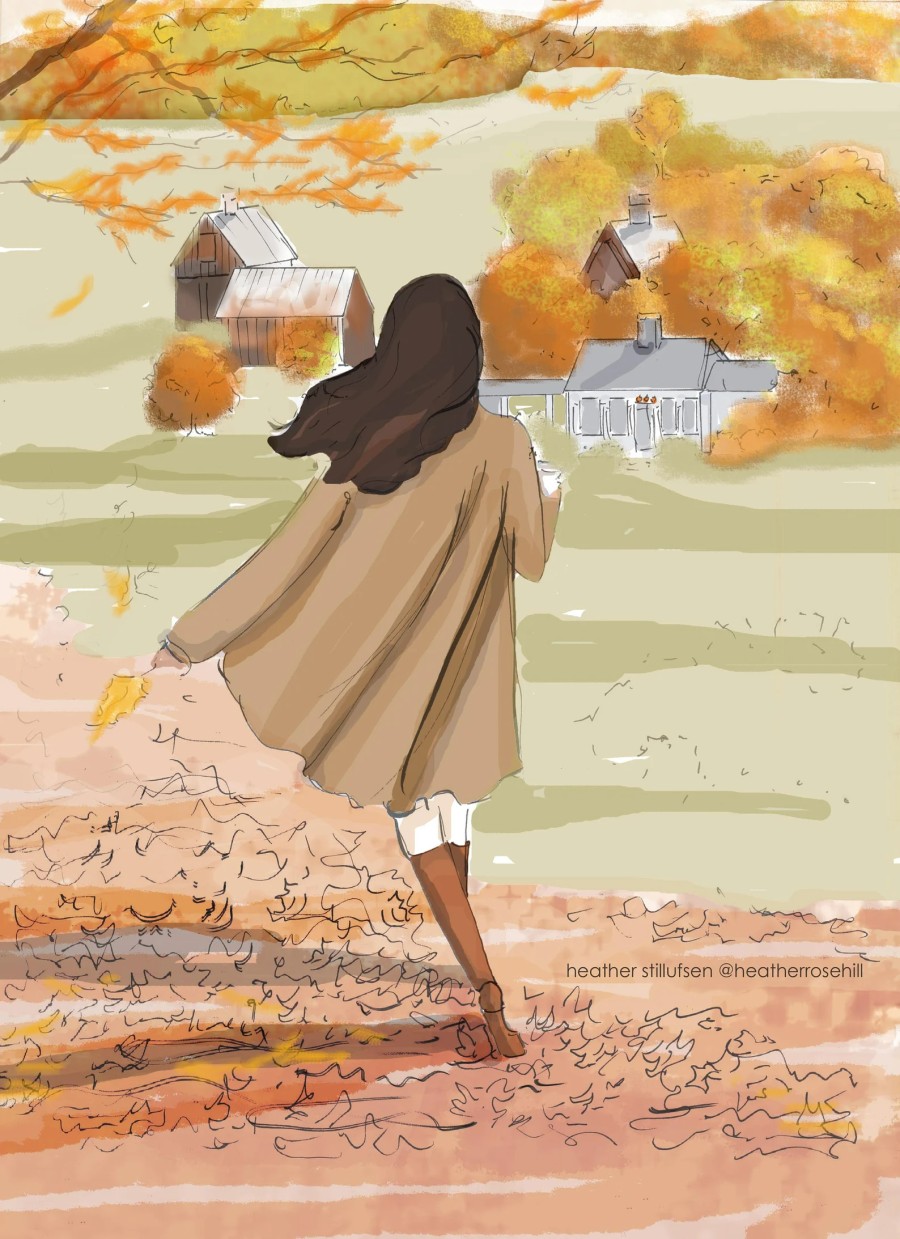
NHS has a super website where you can find a (qualified) list of symptom checkers and many conditions link to where you can find specialist help. You can also look up any medication you take from the home page to find out what it does, possible side effects and whether you should not be taking it with other medicines.
You can also download the free NHS app to order repeat prescriptions from a nominated pharmacy, book appointments, view your GP health record, register organ donation decisions, view your NHS number and use NHS 111 online to answer questions and get instant advice or medical help near you. Better Health is a suite of online free health plans to help you:
Lose weight – this includes a BMI calculator to check if you’re the right weight for your height. It also has details on local free services to help you lose weight, along with a free 12-week weight loss programme for football fans and a free online programme for eligible people with obesity or diabetes. All of the complicated online advice is boiled down a very simple calorie solution:
To lose weight, the average person should reduce calorie intake by 600kcal. This means eating 1900kcal a day (men) or 1400kcal a day (women).
Get Active offers 2 free apps: a running programme for absolute beginners and an app to anonymously record every step of walking you to. Plus there are online workout videos and a free 9 week fitness programme led by qualified trainers.
Quit smoking has a free personal quit plan and details of local free stop smoking clinics, along with a free app to download to track progress and get daily support. It also offers positive inspiration on how you’re doing:
- After 20 minutes, your pulse rate returns to normal
- After 8 hours, your oxygen levels begin to recover and carbon monoxide levels in blood reduce by half.
- After 48 hours, all carbon monoxide has flushed out, and your taste/smell begins to improve, as lungs clear our mucous.
- After 72 hours your bronchial tubes begin to relax, leading to better breathing and more energy.
- After 2 to 12 weeks, circulation improves due to better pumping of blood through heart and muscles.
- After 3 to 9 months, lungs improve function up to 10%, helping to improve issues with breathing, coughs or wheezing.
- After 1 year, heart attack risk improves by half (and risk of lung cancer death reduces by half after 10 years of quitting).
Drink Less is another free app, this time to track progress and offer tips and inspiration to cut back or give up the booze. It has tips (like switching to no-or-low alcohol alternatives) plus the official advice:
No more than 14 alcohol units per week (across 3 days or more). In plain English, that means 6 (175ml) glasses of wine or 6 pints of 4% beer a week. You can use the free unit calculator to work out how many units you drink, to see if you’ve got a problem, so you know how much you need to reduce to get back within healthy limits. It also offers where to find free help from your GP to alcohol support counsellors. Again the site offers positive advice on benefits of cutting back or giving up drinking alcohol:
- More energy, better skin & saving money
- Lower blood pressure and risk of stroke
- Lower risk of cancer, liver disease & cholesterol
- Better mood, memory & sleep
- Less chance of irritated stomach lining
If you’re a serious drinker, it’s important to do this alongside medical help as serious withdrawal symptoms can lead to seizures, profuse sweating, hallucinations and increase in heart rate and blood pressure.
For most people, the effects of alcohol quickly dissipate, with most people ‘back to normal’ within a month of forming new habits. Conditions like psoriasis and rosacea (flushed red skin) have usually improved or disappeared and most livers can even start to repair themselves. Bored Panda has 50 truly inspiring before/after pictures of people who have quit drinking (some are unrecognisable) if you need some visual inspiration!
how fortunate we are the NHS is free
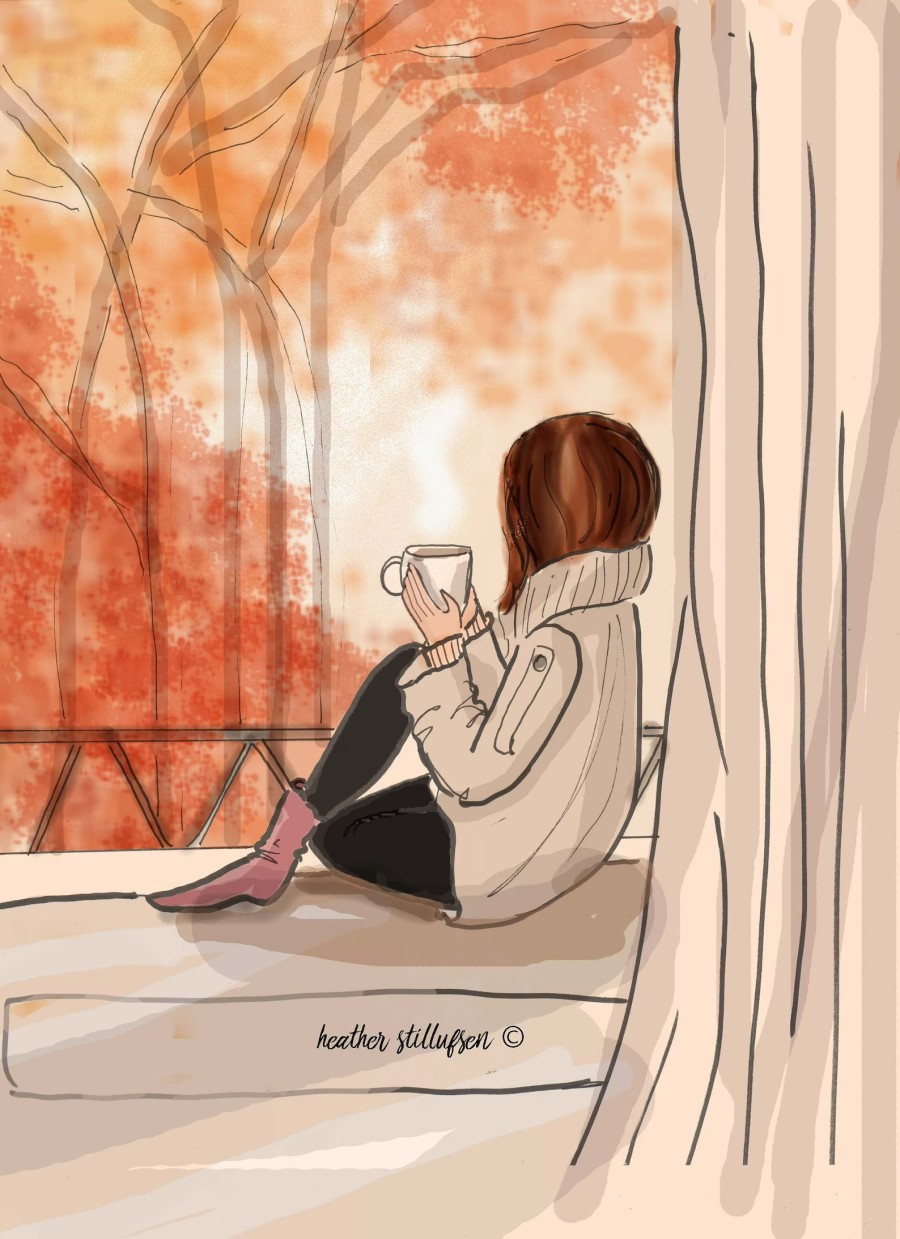
There are not many places on earth where you can access free medical care (think of the USA where people often don’t visit hospital if they’re really sick, due to no health insurance). You can register for a GP for free and obviously call 999 for emergencies to visit hospital. We also have Urgent Treatment Centres (staffed by nurses) who can help with ECG and blood tests, x-rays, sprains/strains, skin infections and temperatures, stomach pains, injuries, cuts, bruises, suspected broken bones and mental health concerns.
Although you have to pay for prescriptions and other medical care if on a standard income, some people get certain items for free like prescriptions, dental care, eye care and wigs (for cancer treatment or alopecia).
review the medical care you receive
iWantGreatCare is a site to review received medical care (good or bad). This is not like Etsy – the reviews go to those in charge to ensure services are improved for others. You can review everything from pharmacies to hospitals, hospices to wheelchair services, care homes to medicines.
ask your GP for a medication review
Having free care on the NHS is brilliant. The only downside is that sometimes people abuse the system (wasting GP time by visiting too often when there’s no need) and people taking or being issued medicines they don’t need. It’s estimated around 8.4 million people in England are prescribed 5 or more medicines (a fifth of hospital admissions for older people are caused by adverse effects).
If you take any medicines, always ask your GP for a yearly check to ensure you still need to take everything. Often you can safely come off some medicines if your health situation changes, sometimes you can switch to safer medicines, or sometimes combine the effects into one safer medicine. It’s estimated that around £300 million a year is wasted on unusued or partially used medication.
Always take unwanted and unused medicines to your local pharmacy for safe disposal (never keep them around the house, nor flush them down the loo).
the history of the NHS (and is it safe?)
We all love the NHS, but how was it formed? And is it true that some MPs are ‘secretly trying to privatise it’ as often claimed by other partites?
The NHS was formed back in 1948, largely due to Labour Welsh MP Nye Bevan, who grew up in one of the many poor mining towns at that time. It was the first free health service anywhre in the world and has been emulated in many other countries, with slight differences. Today the NHS employs almost 2 million people, and is the fifth largest employer on earth. However due to lack of vision in preventive healthcare (lobbyists adapting nutrition advice, lack of walkable communities etc) the budget has soared in an ageing population, with almost a third of every government pound now spent on healthcare. This has led some items that used to be free (like prescriptions) now being charged to those who can afford it. And diseases that used to kill people (like polio) are now being replaced by conditions that can go on for years (like dementia) which obviously means more money has to be spent on healthcare.
The left-wing New Statesman writes of suspicions that the Conservative government is practicing ‘deliberate neglect’ (similar to pub chain landlords who let unwanted pubs run down and become eyesores to sell off). Obviously something needs to be done to address people dying from lack of ambulances arriving on time, and huge waiting times.
But visionary alternatives are needed. The NHS is kind of our ‘national religion’ and all MPs know that they could never win votes from making it private. But some suspect that ‘defunding it’ is gradually happening so certain areas can be privatised. But addressing WHY hundreds of thousands of people are waiting on trolleys in hospital corridors would be more helpful than just ‘number-crunching’. We should not have so many elderly people in such poor health in the first place, in a fairly affluent nation with access to free healthcare. Solving the issues at source, is key to saving millions for the NHS, to ensure its safety for decades to come.
a couple’s story of confronting chronic pain
The Pain Project is the story of how 10 years after her husband’s catastrophic injury, Kara Stanley embarks with him on a journey to understand his chronic pain, and find pathways to relief. In 2008, Simon fell off a scaffold, causing severe injuries to his brain and spinal cord. He made a remarkable recovery and adjusted to life in a wheelchair and returned to his music career, but continues to suffer from debilitating pain.
10 years later, they decide to confront the issue. For one year, they will focus on research, interview experts and explore both new and old pain relief ideas. Can Simon discover an alternative therapeutic approach that is at least as effective as daily doses of opioids? A book for the one in five people who suffer from chronic pain, which continues to be poorly understood and treated around the world.
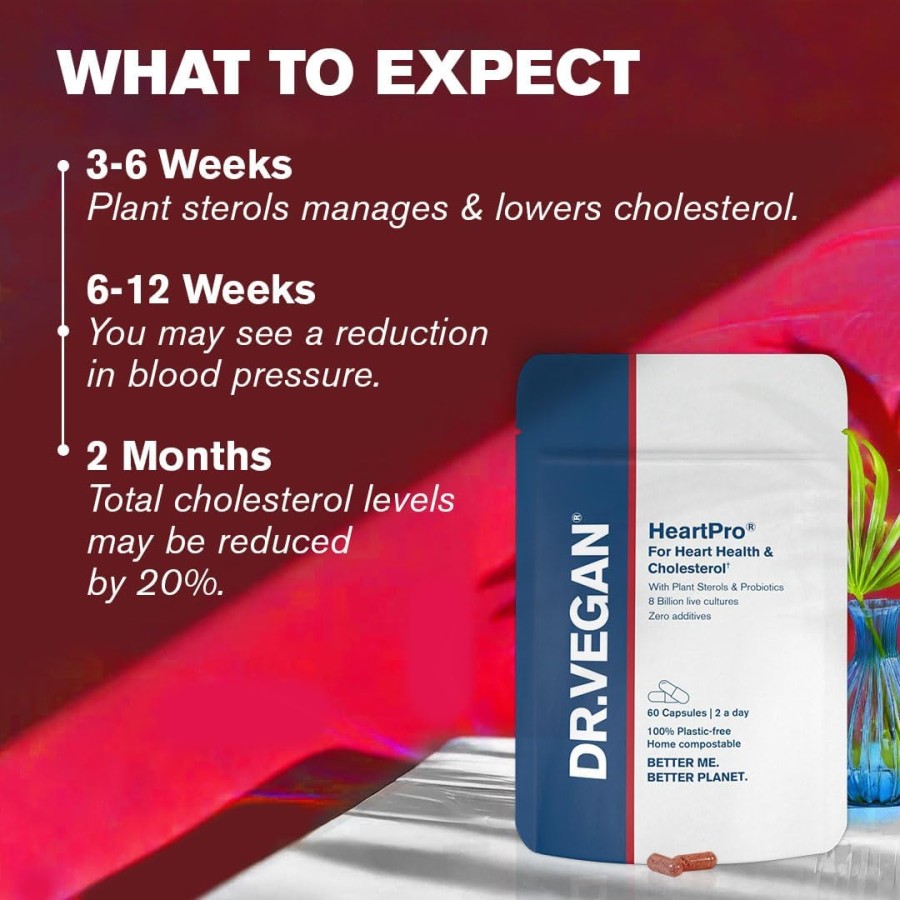
Don’t listen to the big animal-testing charities on how to look after your heart. The evidence is clear from the experts, summed up in six words by American food campaigner Michael Pollan: Eat foods. Mostly plants. Eat less. As long as you eat natural plant-based foods and exercise gently and regularly, the rest will mostly take care of itself, unless you have a genetic condition.
Dr Vegan HeartPro is a supplement sold in a metal tin, then just buy refills in sustainable pouches after that. Formulated by expert nutritionists, this uses an advanced formula of plant sterols, probiotics, red yeast rice extract, chromium and nutrients for a healthy heart, with some people finding it helps to bring ‘bad cholesterol’ back to normal levels (talk with your GP before replacing statins).
Before taking supplements, check with GP if pregnant/nursing or you have medical conditions or are taking medication. Keep supplements away from young children & pets.
This supplement contains probiotics that are sensitive to heat, so take with a cold drink and at least 20 minutes before/after a hot drink. Developed by cardiovascular experts, it contains 10 clinically-studied ingredients to maintain healthy cholesterol levels. This supplement increases your daily intake of plant sterols, shown to reduce concentrations of LDL (low-density lipoprotein) and TC (total serum cholesterol) which along with a healthy diet and exercise, can help reduce the risk of heart disease. Most users find cholesterol lowers by around 6 to 12% within 3 to 6 weeks.

